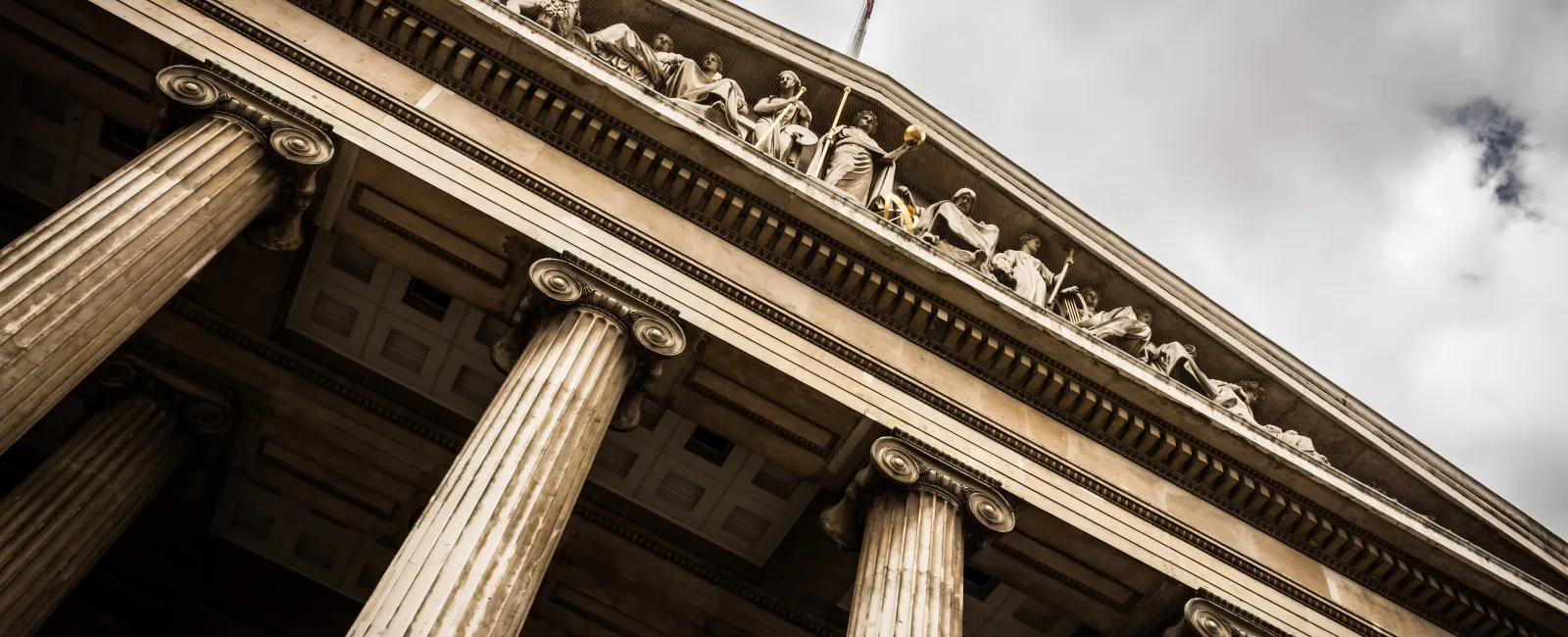September 13, 2023
SB 854: Public Works Reforms Explained for Dummies
Wondering what the Public Works Reforms (SB 854) is all about? We've got you covered. Here's a simple breakdown of the reform and how it affects awarding bodies and contractors .
What is SB 854?
It's a bill that introduced changes to how the Department of Industrial Relations (DIR) ensures everyone follows the wage requirements for public works projects. It's about ensuring workers get the right pay for their work on public projects.
Key Changes:
Immediate Changes:
- If you're an awarding body, you now need to tell the DIR whenever you award a contract for a public project. This is done online.
- You no longer have to pay the DIR for checking if everyone's following the rules on projects funded by state bonds. This monitoring continues but is now free.
Phased-In Changes:
- Contractor Registration: If you're a contractor or subcontractor and want to bid or work on a public project, you must register with the DIR and pay a fee every year. - If you aren't registered after certain dates, the awarding body can't accept your bid or sign a contract with you.
- Notice Requirements: From 2015, bid calls and contract documents must clearly state that all contractors and subcontractors need to be registered with DIR to work on public works projects. - There are also requirements about posting specific notices at job sites.
- Electronic Pay Records: Contractors and subcontractors need to send electronic payroll records directly to the Labor Commissioner. - Some projects are exempt from this, like ones overseen by the California Department of Transportation or the City of Los Angeles.
Ongoing Projects:
- For projects that began before this bill was introduced:
- Older projects: Stick to the original monitoring and compliance rules.
- More recent projects: Previous monitoring requirements are now void, but if the Labor Commissioner was watching over it, they'll continue to do so.
What about Certified Payroll Compliance?
Well, this ties directly into the changes introduced by SB 854. Sending electronic payroll records to the Labor Commissioner is key to ensuring compliance. It means an electronic paper trail can be checked to ensure everyone's getting paid what they're owed.
In simpler terms, think of this as the government's way of ensuring everyone follows the rules. The better the records are kept, the easier it is to spot any funny business.
Wrap-Up
SB 854 is about keeping things transparent and ensuring everyone gets their fair share. If you're in the public works sector, it's crucial to be familiar with these changes to stay compliant and avoid any hiccups in your projects.

